Signal Processing
EECS researchers are building innovative signal processing techniques that exploit noise and interference for additional information or as cover for covert messages. They are developing static/adaptive filtering schemes that will better enable cooperative communication systems and networks. Remote sensing research of the polar ice caps has led to numerous developments in signal processing. New techniques and methods are being explored in computer vision, digital image processing, optical sensors, and other current EECS research.
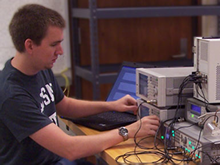
Program Objectives
- Understand the fundamental principles involved with extracting signals from noise and interference.
- Understand how to design appropriate static/adaptive filtering schemes according to the particular application, availability of prior information, and operational environment.
- Understand the fundamental limitations imposed by physical systems that bound realizable performance.
- Have the ability to effectively communicate complex, abstract concepts.
Associated Faculty

Primary Research Interests
- Adaptive Signal Processing for Radar and Communications
- Radar Waveform Optimization/Implementation
- Radar Pulse Compression
- Space-Time Adaptive Processing
- Array Processing
- Radar Spectrum Engineering
- Radar-Embedded Communications
- Interference Cancellation
- Multistatic Radar
- Biomedical Imaging
Advisory Positions
- U.S. President's Council of Advisors on Science and Technology (PCAST)
- Subject matter expert on RF spectrum for the White House Office of Science & Technology Policy (OSTP)
- Subject matter expert on RF spectrum R&D for the Office of the Under Secretary of Defense for Research & Engineering
- Subject matter expert on proactive RF spectrum sharing for the National Spectrum Consortium
- AFRL/IDA expert panel on RF spectrum warfare & communications
- Subject matter expert on radar/communication RF spectrum sharing for DARPA
- Consultant on radar waveform diversity for the Naval Research Laboratory - Radar Division
Affiliations
- IEEE AESS Radar Systems Panel (2007-2020)
- MSS Tri-Service Radar Symposium Program Committee (2010-present)
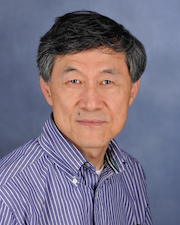
Primary Research Interests
- Optical/RF Measurement and Biosensors
- Novel Photonic Devices
- Optical Communication Systems
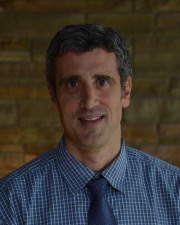
leuschen@ku.edu
785-864-7723
3014 Eaton Hall
Primary Research Interests
- Radar System Design and Development
- Remote Sensing of Ice and Snow
- High Resolution Radar for Agricultural Applications
- Planetary Radar Sounding

Department Chair
esp@ku.edu
785-864-4486
https://people.eecs.ku.edu/~esp/
2001G Eaton Hall
Primary Research Interests
- Digital Communication Theory
- Advanced Modulation Techniques
- Channel Coding
- Synchronization
- Multiple-Input Multiple-Output Communications
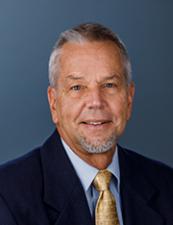
Associate Chair for Undergraduate Studies
dwp@ku.edu
785-864-8823
http://www.ittc.ku.edu/~dwp/
2001C Eaton Hall
Primary Research Interests
- Audio Signal Processing
- Network Performance
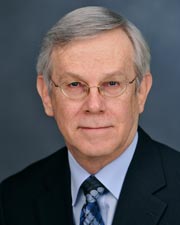
Primary Research Interests
- Software Radio Systems
- Spread Spectrum and Military Communication Systems
- Radio and Radar Signal Processing
- DSP Applications in Acoustics and Radio Signals
- Wireless Communication Systems

Primary Research Interests
- High Performance Scientific Computing Algorithms
- Parallel Unstructured Mesh and Optimization Algorithms
- Model Order Reduction
- Computational Medicine
- Image Processing
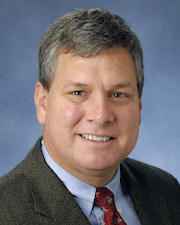
Primary Research Interests
All aspects of electromagnetic sensing, including:
- Radar Signal Processing
- Radar Remote Sensing
- Applications Estimation Theory in electromagnetic sensing
- Applications of Marginal Fisher's Information in sensor Design
- Ground-Penetrating Radar
- Wave Propagation and Scattering
Associated Facilities
- Xilinx and Altera FPGA/SoC prototyping systems
- Synplicity and Xilinx FPGA synthesis tools
- ModelSim VHDL/Verilog simulation tools
- Spectrum analyzers, oscilloscopes, and function generators
- Prototype PC board fabrication tools
- RF signal generators
- Simulink
- Computational cluster with over 1,000 processors connected to 37 TB of on-line storage